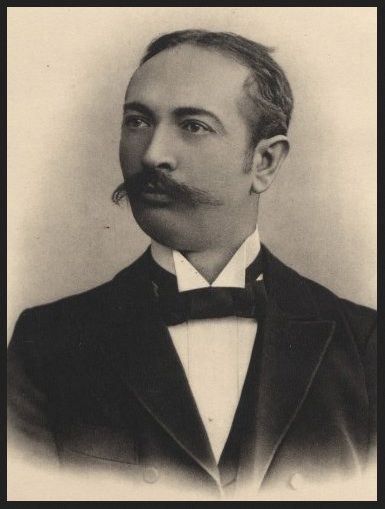Józef Piłsudski in German prisons

The release from prison
Piłsudski's stay in Magdeburg may have been stressful and arduous, but politically it was a success. Isolated behind fortress walls, the leader was considered a victim of German persecution and gradually became a symbol of the struggle against the occupying forces. In addition, Piłsudski was spared the need to vote for one of the two parties to the conflict in Poland. He was not involved in any political disputes and did not have to commit himself to the Regency Council, the highest body in the Kingdom of Poland, formed by the occupying powers in September 1917, or to the Polish Wehrmacht (Polska Siła Zbrojna). After his arrest, he appealed to the Regency Council to obtain his release, but stressed that this was a purely private matter. The release should be for family reasons.
During this time his staff in Poland were organising numerous demonstrations for him. These made him more and more popular, not only as a party leader but also as a leader of the entire Polish people. Since he enjoyed a reputation as an uncompromising fighter for independence his chances of reaching the highest office in the state increased significantly after his return from Magdeburg to Warsaw.
The circumstances surrounding the release of Piłsudski and Sosnkowski are well known. I will therefore only reiterate the most important facts. In view of the catastrophic situation in Germany during the war, Berlin recalled Piłsudski anew. Chancellor Prince Max of Baden sent Harry von Kessler, an officer of the Prussian cavalry to Magdebrug to deliver a food package to Piłsudski, whom he had previously met near Koszyszcze in Volhynia in the late autumn of 1915. The official reason for his visit, however, was to exchange memories from the trenches. The envoy from Berlin delivered a letter from the Chief of Staff on the Eastern Front, General Hoffmann, offering to release Piłsudski in exchange for assurances not to agitate against Germany. The offer was rejected because Piłsudski knew that time was now on his side.
Despite Piłsudski's refusal to comply, the decision to release him and Sosnkowski from prison was made at the beginning of the Revolution, which had broken out in Berlin on the night of November 7th to 8th. On November 8th Count Kessler showed up again in the prison to pick up the two prisoners and take them to Berlin as quickly as possible.




![Flyer to protest against the illegal internment of Piłsudski, 1917 Flyer to protest against the illegal internment of Piłsudski, 1917 - Flyer: On Sunday 29th of this month we will gather in front of the Adam Mickiewicz Monument at 11 am to protest against the illegal internment of Commander Józef Piłsudski and Chief of Staff of the First Brigade, Lieutenant Colonel [Kazimierz]. Sosnkowski](/sites/default/files/styles/width_100_tiles/public/assets/images/obywatele-obywatelki-inc-dnia-29-bm-w-niedziele-zbieramy-sie-o-godz-11-rano-na-0_kopie.jpg?itok=hxoxe_Lq)














































